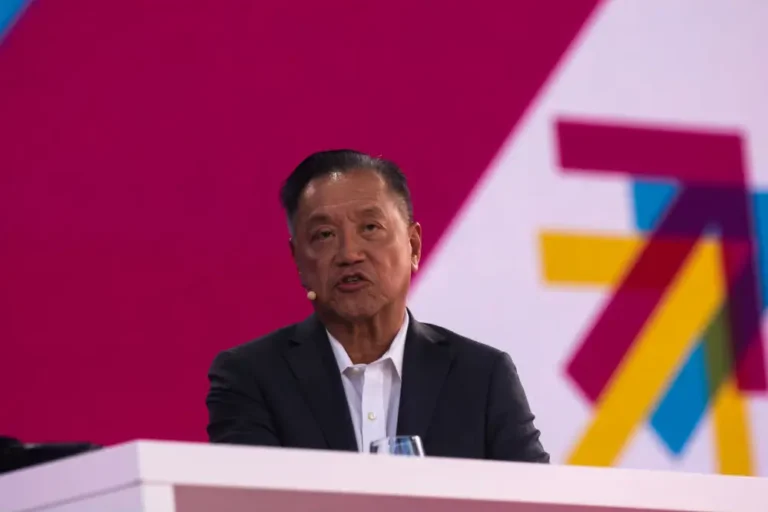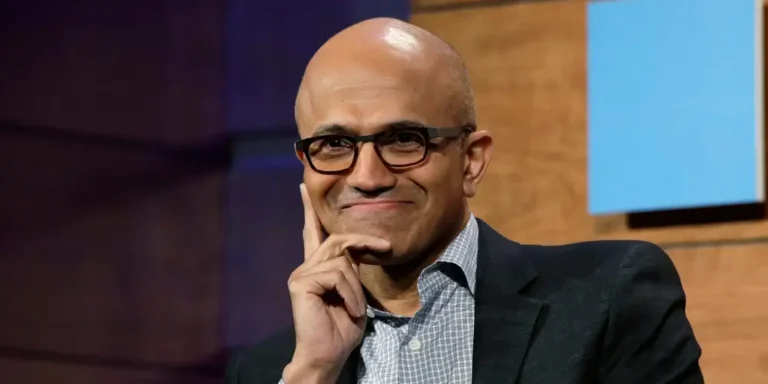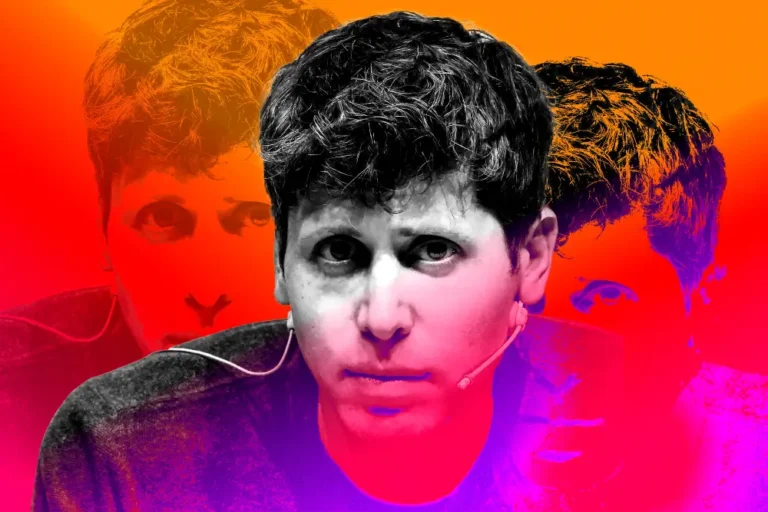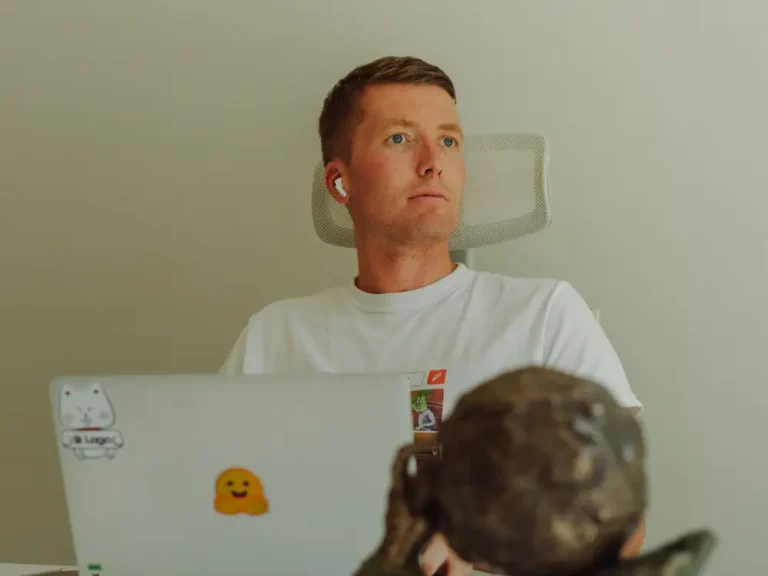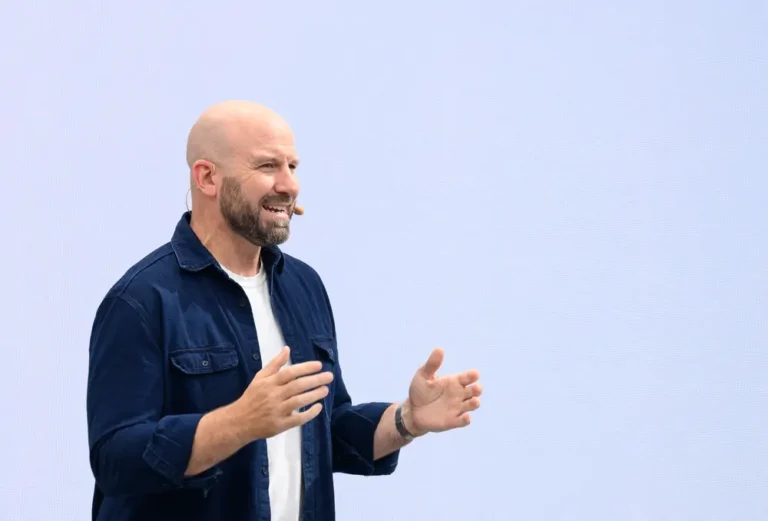Sam Altman says there was a ‘simple’ reason OpenAI ditched the nonprofit approach
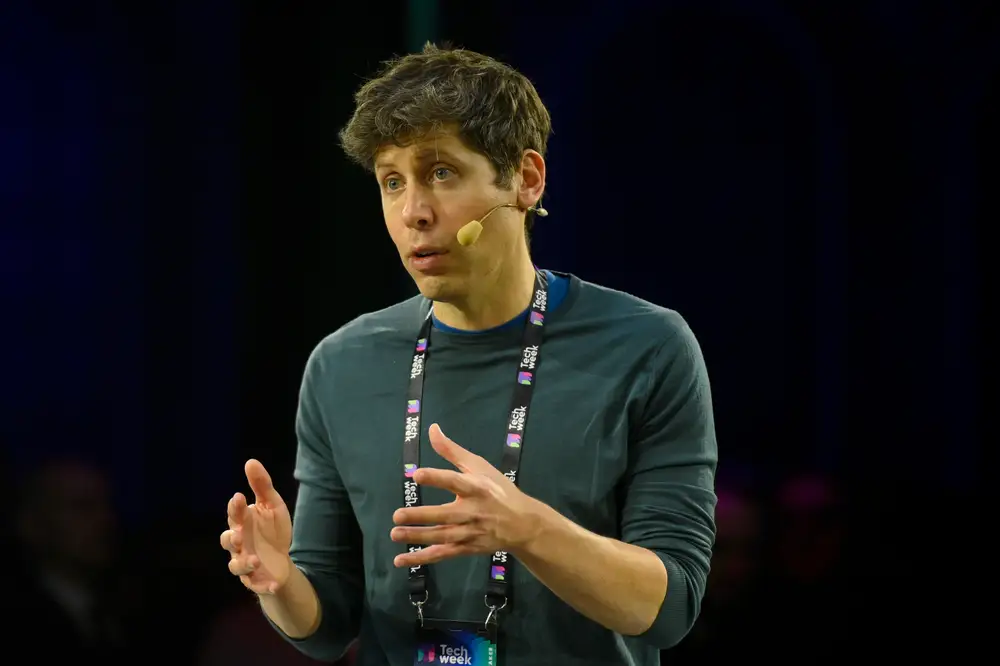
South Park co-creator Matt Stone said all OpenAI CEO Sam Altman does is “go on podcasts.”
It’s a lot harder to raise billions as a nonprofit — just ask Sam Altman.
OpenAI’s transition away from a nonprofit structure has famously caused a stir over the years, leading to lawsuits from cofounder Elon Musk, but Altman said the change boiled down to one thing: funding.
“The simple thing was we just needed vastly more capital than we thought we could attract — not that we thought, we tried — that we were able to attract as a nonprofit,” Altman said in a Harvard Business School interview that was published Wednesday.
While OpenAI was created in 2015 as a nonprofit organization with the mission of creating artificial general intelligence that “benefits all of humanity,” the ChatGPT maker announced in 2019 that it would transition to a “capped-profit” model. It added a for-profit arm to raise additional funding that would cap the amount investors could take home, with the idea being that would help preserve its original spirit.
However, following Altman’s surprise ousting last year by OpenAI’s then-members of its nonprofit board and his subsequent return, OpenAI began discussing a further move toward becoming a traditional for-profit entity.
OpenAI’s $6.6 billion funding round earlier this fall, which gave it a $157 billion valuation, came with a string attached: The AI startup has 2 years to officially transition to a for-profit governance structure.
“The nonprofit is core to our mission and will continue to exist,” OpenAI previously told B-17 in a statement. The company added that it remains focused on”building AI that benefits everyone” with its nonprofit board.
Altman said that scaling its AI models was a major factor in OpenAI’s eventual move toward a profit system.
“We knew that scaling computers was going to be important, but we still really underestimated how much we needed to scale them,” he said in the interview with Harvard.
OpenAI is investing heavily as it tries to combat a reported slowing improvement rate for its LLM models. Scaling AI models and providing the data centers and chips necessary to train them to be smarter than the previous interaction is highly expensive.
While OpenAI pivoted away from its nonprofit roots, Altman doesn’t believe that AI development is impossible within a nonprofit structure in general — just don’t expect to be an AI leader.
“There are other things that you can do for sure,” he said. “But to be at the forefront of scaling research, I think you probably can’t do that as a nonprofit.”

